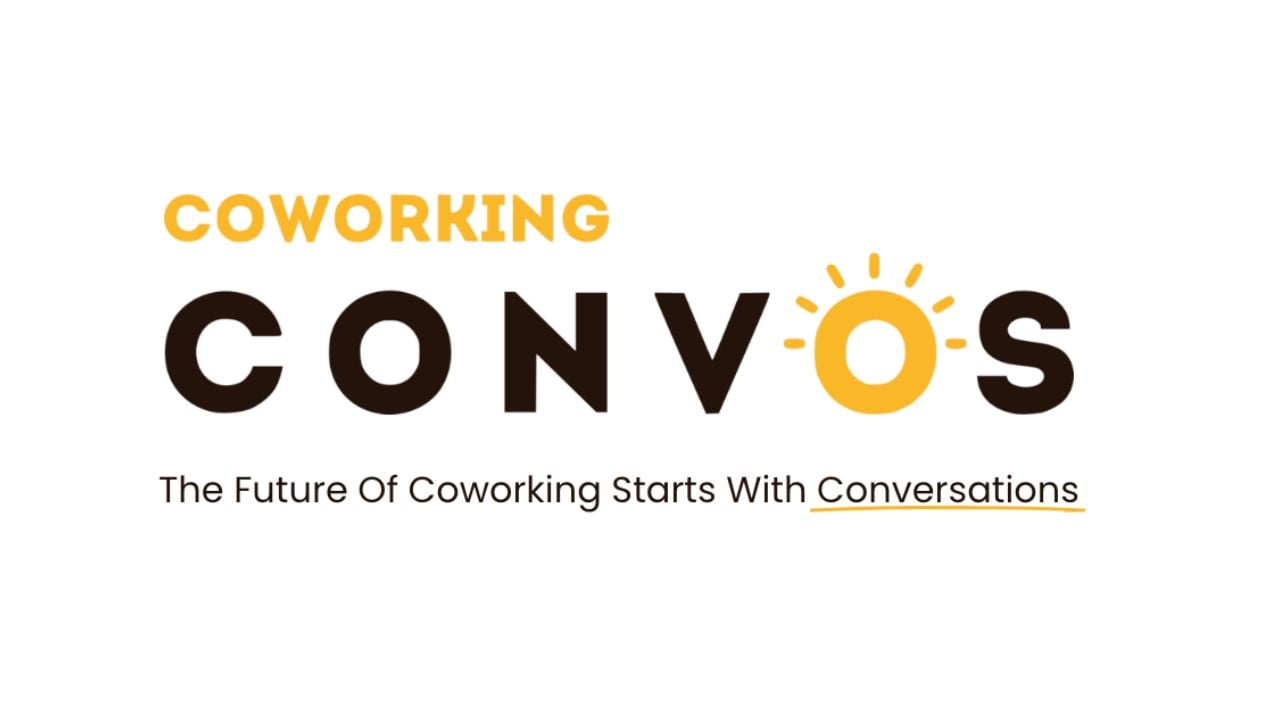- Although employers impose office return mandates to exert control, they often overlook how remote work empowers employees. Remote arrangements provide workers with greater control over their lives and schedules, enabling better work-life balance.
- By ignoring the benefits of remote work and forcing their employees back to the office, employers risk alienating their workers, and they may also be creating a situation where workers are more likely to unionize.
- The insistence on bringing employees back to the office to regain control is a prime example of how cognitive biases can lead to poor decision-making.
Frustrated Amazon workers are challenging the company’s recent decision to mandate in-office work, echoing the sentiments of employees at other prominent businesses like Disney, Starbucks, Tesla, and Google, who are also facing similar requirements.
Some leaders argue that in-office work is essential for productivity. Elon Musk, Tesla’s CEO, suggested that remote employees are merely “faking work” and “going through the motions.” Disney’s CEO Bob Iger insisted that physical presence is necessary for innovation, claiming that “there is no substitute for the connection, observation, and collaboration that comes from being in the same space.”
As a renowned specialist in hybrid and remote work, I have witnessed how remote arrangements, whether part-time or full-time, empower workers by granting them autonomy, decentralizing authority, and limiting micromanagement. Regrettably, traditional managers like Iger and Musk often favor strict, hierarchical power structures. Elon Musk, in particular, is notorious for his micromanagement tendencies.
This autocratic style may have been suitable for early 20th-century assembly line operations, but it is ill-suited for today’s knowledge-driven economy. That’s why employees are leveraging their collective strength to resist such top-down directives, leading to stronger labor unions.
It is crucial to understand that this shift toward worker empowerment is occurring amid widespread layoffs in the tech industry, where companies are increasingly hesitant to offer perks like remote work. Some businesses, like Twitter, even use office return mandates to encourage voluntary resignations, thereby avoiding severance costs. While employers gain an advantage as economically anxious workers hesitate to push for remote work, such tactics may ultimately prove detrimental if they fuel labor union organization. Despite individual concerns, a united workforce can make a compelling case, particularly with a 3.4% unemployment rate—the lowest in over half a century. Tech professionals, in fact, typically find new positions within three months, indicating a robust labor market even as employer dominance increases.
Three Instances of Employee Resistance to Office Returns
YouTube contractors in Texas, employed by Cognizant, went on strike to protest mandatory in-office work. Most were hired during the pandemic and have only ever worked remotely. They claim their hourly wage, starting at around $19, is insufficient to cover Austin’s living and relocation expenses. The strike followed a union recognition request, leading some to suspect retaliation. Workers also seek joint employer recognition from Google and Cognizant.
The New Mexico State Personnel Office required remote state employees to return to in-person work, prompting objections related to commuting, health, subpar working conditions, childcare, and low pay, among other concerns. State workers protested the mandate in Santa Fe. Dan Secrist, CWA Local 7076 president, argued that the order exacerbated existing issues and created new ones.
The Canadian Federal government mandated public service employees to work in the office up to three days per week. A survey of nearly 14,000 workers found that almost 75% preferred remote work. Marc Brière, Union of Taxation Employees’ national president, argued that most employees didn’t need to return to the office.
Escalating Tensions Over Office Returns
These examples highlight the growing discord between employers and employees, particularly regarding office returns. As the pandemic accelerated the remote work trend, employees resist relinquishing the flexibility and autonomy it offers. Employers who disregard these preferences face backlash.
Although employers impose office return mandates to exert control, they often overlook how remote work empowers employees. Remote arrangements provide workers with greater control over their lives and schedules, enabling better work-life balance.
Employers attempting to reestablish control through office mandates may find their efforts counterproductive. Workers increasingly resist such measures, often joining unions to safeguard their rights and interests. Employers who fail to adapt risk alienating their workforce and facing the consequences.
Cognitive Biases in the Return to Office Increases Worker Power
The insistence on bringing employees back to the office to regain control is a prime example of how cognitive biases can lead to poor decision-making. Cognitive biases are mental shortcuts that we use to process information quickly and efficiently. They can lead us to make decisions that are not based on facts or rational thought, but on our personal beliefs, emotions, and past experiences. In the context of the return to the office, employers are making decisions that are based on cognitive biases that are leading them to overlook the dangers of their actions.
One of the most common cognitive biases at play in this context is confirmation bias. This is the tendency to seek out and interpret information in a way that confirms our pre-existing beliefs or biases. Employers who are determined to bring their employees back to the office are more likely to seek out information that supports this decision, while ignoring or downplaying information that contradicts it. This can lead them to make decisions that are not in the best interests of their organizations by harming relations with employees, leading both to challenges with retention and resistance by employees through worker power.
Another cognitive bias that is prevalent in this context is the status quo bias. This is the tendency to prefer things to stay the way they are, rather than change. Employers who are used to having their employees work in the office may be resistant to change, even if remote work has proven to be effective and beneficial for their employees. They may be more inclined to return to the office simply because it is the way things have always been done, rather than because it is the best decision for their employees or their organization.
The dangers of cognitive biases in this context are significant. By ignoring the benefits of remote work and forcing their employees back to the office, employers risk alienating their workers, and they may also be creating a situation where workers are more likely to unionize. This is because when employees feel that their needs are not being met, they are more likely to band together and form a union to protect their interests.
Creating an Environment for Success
It is time for employers to recognize the value of remote work and to work with their employees to create hybrid or remote work arrangements that meet the needs of both parties. Employers who do so will enjoy a happier and more productive workforce, while those who refuse to adapt risk falling behind in a rapidly changing world.
Remote work enables worker power, and employers who recognize this fact will be better positioned to succeed in the years ahead. As a manager, it is important to listen to your employees and to work with them to create the best possible work environment for all. By doing so, you can create a strong and vibrant workplace culture that will help you succeed in the long run.

 Dr. Gleb Tsipursky – The Office Whisperer
Dr. Gleb Tsipursky – The Office Whisperer Cat Johnson – Coworking Marketing Maven
Cat Johnson – Coworking Marketing Maven Angela Howard – Culture Expert
Angela Howard – Culture Expert Drew Jones – Design & Innovation
Drew Jones – Design & Innovation Andrea Pirrotti-Dranchak – Competitive Advantage
Andrea Pirrotti-Dranchak – Competitive Advantage Jonathan Price – CRE & Flex Expert
Jonathan Price – CRE & Flex Expert Jeremy Fennema – Tech Innovation Alchemist
Jeremy Fennema – Tech Innovation Alchemist












